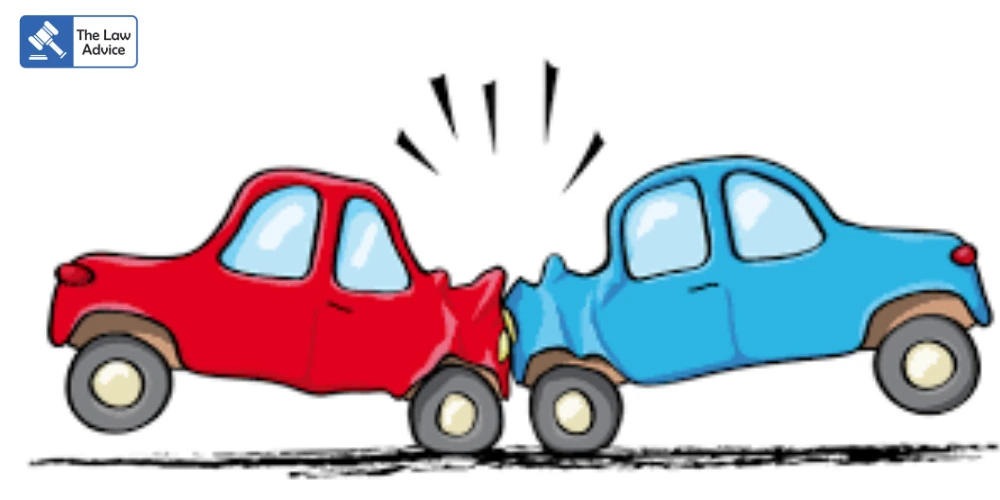The Madras High Court has reaffirmed the legal position that a person who borrows and drives a vehicle stands in the place of the vehicle’s owner and, therefore, cannot seek compensation under the Motor Vehicles Act, 1988 as if he were a third party.
Justice R. Poornima, presiding over the Madurai Bench, relied on the principle laid down by the Supreme Court in Ramkhiladi and another v. United India Insurance Company and another, which held that a claim petition under Section 163A MV Act is not maintainable by a borrower or permissible driver of a vehicle against the owner/insurer of the same vehicle.
The Court made it clear:
“When a person borrows a vehicle from its owner and drives it, he steps into the shoes of the owner. In the present case, the deceased himself drove negligently and was solely responsible for the accident. Therefore, he cannot claim compensation from the Insurance Company, as he does not fall within the category of third party.”
The matter arose out of an appeal filed by New India Assurance Company against an award passed by the Motor Accident Claims Tribunal (MACT), which had directed the insurer to pay ₹3,93,500 as compensation to the widow of a deceased accident victim.
According to the claim, the deceased was driving a car belonging to his brother (the insured owner). While travelling from Chettikurichi to Kovilpatti, the car overturned, leading to serious injuries. He later succumbed to those injuries. The widow, as claimant, argued that the deceased was the sole breadwinner, aged 36 years, healthy and in gainful employment, and his death caused severe financial hardship to the family.
The insurer, represented by Mr. J. S. Murali, contended that the MACT’s award was erroneous. It was argued that:
• The deceased was driving the vehicle himself in a rash and negligent manner.
• A claim under Section 163A is not maintainable for own negligence.
• Since the deceased was the brother of the owner, he could not be treated as a third party.
• He was not a paid driver, so no claim could lie under the Workmen’s Compensation Act either.
• The law does not require coverage of family members of the insured while driving the insured vehicle.
• The principle that a tortfeasor cannot claim compensation for his own negligence applies in this case.
Justice Poornima examined the records and noted that the FIR clearly established that the deceased himself was driving the vehicle at the time of accident and was solely responsible for the crash. The tribunal, in contrast, had failed to return any clear finding on whether the deceased was at fault.
The Court reiterated the settled legal principle: once a borrower drives the vehicle, he assumes the status of the owner. He cannot thereafter claim as a third party against either the owner or the insurer.
Holding that the tribunal erred in awarding compensation, the High Court allowed the insurer’s appeal and set aside the MACT’s order.
Case Details
• Case Title: The New India Assurance Company Limited v. Annalakshmi and Others
• Bench: Justice R. Poornima (Madurai Bench)
• Counsel for Appellant: Mr. J. S. Murali
